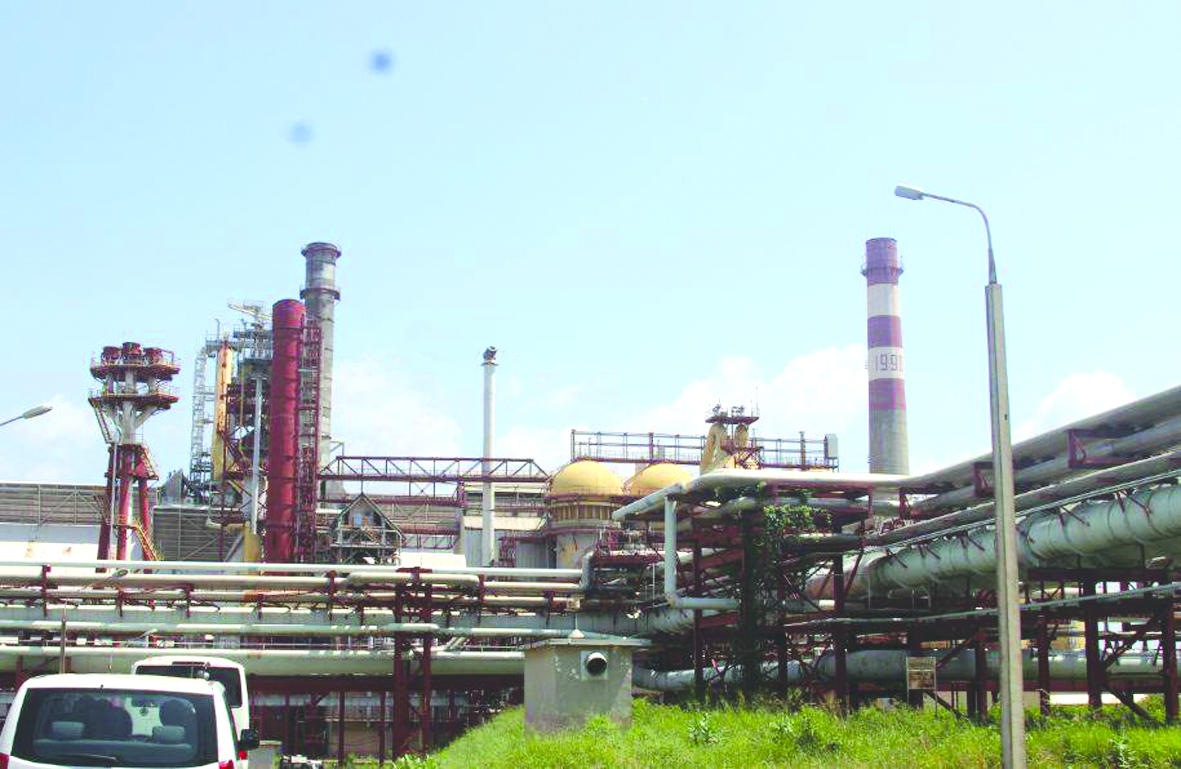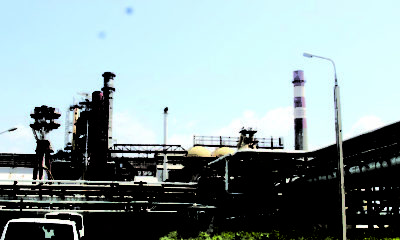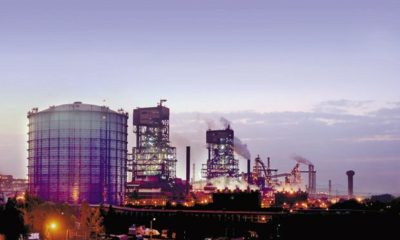- Privatisation: Eleven Firms Jostle to Run Ajaokuta Steel
At least more than 11 private firms are currently jostling to take over the Ajaokuta Steel Complex, the Minister of State for Mines and Steel Development, Mr Abubakar Bwari, has said.
Bwari said this at the presentation of the ministry’s three-year stewardship account in Abuja on Monday.
Although he didn’t give the identity of the companies that were jostling to be considered as core investors in the country’s beleaguered steel complex, the minister said that the government would prefer a private Nigerian consortium to take over the management of the company.
He said, “We will prefer a Nigerian consortium to take over Ajaokuta Steel Complex because of the strategic nature of steel in the economy.”
The Ministry of Mines and Steel Development has been having a running battle with the National Assembly over the proposal to privatise the steel complex.
While the National Assembly prefers the government to complete the steel complex and run it, the ministry prefers to give the complex to a private concessionaire.
Bwari justified the position, saying that the government should not have any business running a business.
Answering questions from journalists, he said former concessionaire, Global Steel Infrastructure, had no more claim to Ajaokuta Steel Complex as it had been settled with a seven-year concession of the feeder company, the National Iron Ore Mining Company, Itakpe.
Our correspondent had, however, reported that after signing a Memorandum of Understanding with the Federal Government, Global Steel Infrastructure was making extra demand on the government.
The minister said that the government was working on other external infrastructure required for the steel complex to function effectively when it must have been completed. Such infrastructure includes ports, roads and rail lines.
He said, “To demonstrate in concrete terms the commitment of this administration to the sector, the sum of N30bn was approved as intervention fund for the ministry to fund exploration projects, generate the needed geosciences data and provide the necessary regulatory framework to enable the sector to grow.
“We have also secured support from the World Bank in the form of a loan of $150m for the Mineral Sector Support for Economic Diversification programme.”
He added, “Under President Muhammadu Buhari administration’s strategic intervention from 2016, the mining sector has witnessed a steady rise in its contribution to the nation’s Gross Domestic Product from 0.33 per cent in 2015 to 0.6 per cent in 2016.
“Overall, the revenue generated by the ministry from royalties and fees has improved from N2.08bn in 2015 to N3.92bn in 2017 and N2.97bn as of October 2018. Limestone mining has continued to lead in royalties earned by the government.
“Within the period under review, the Mining Cadastre Office realised the sum of N5.2bn as revenue generated through processing and other licensing fees.”
The minister said that under the soon-to-be-released Mineral Export Guidelines, the lingering issue of evading payment of royalties or false declarations had been dealt with.
According to him, all mineral exports shall henceforth be inspected by government-appointed independent pre-shipment inspection agents.
The agents are also to render quantity and quality control services and monitor pricing in accordance with the Pre-Shipment Inspection of Exports Act, the minister said, adding that measures had been put in place to ensure correct valuation of royalties.

 Billionaire Watch3 weeks ago
Billionaire Watch3 weeks ago
 Startups4 weeks ago
Startups4 weeks ago
 News4 weeks ago
News4 weeks ago
 News4 weeks ago
News4 weeks ago
 Bitcoin4 weeks ago
Bitcoin4 weeks ago
 Naira4 weeks ago
Naira4 weeks ago
 Forex3 weeks ago
Forex3 weeks ago
 Treasury Bills4 weeks ago
Treasury Bills4 weeks ago





















